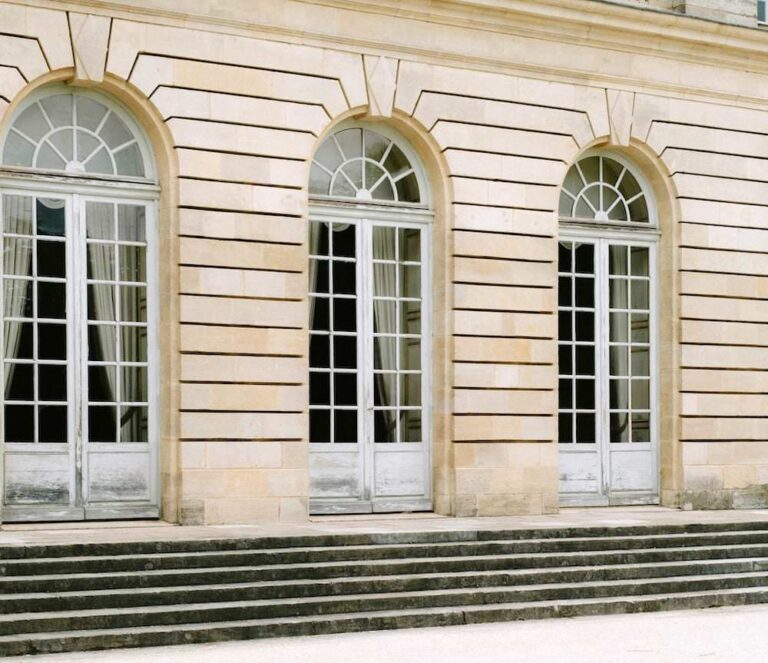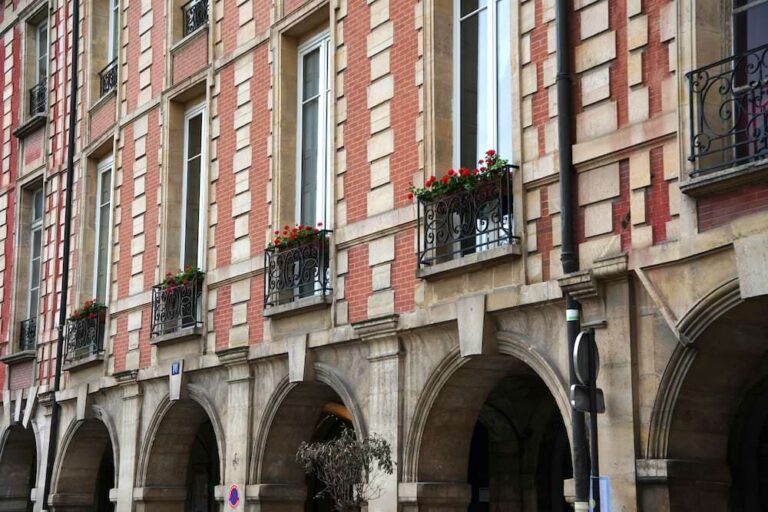là vs y
In French, the two words that mean “there” (“là” and “y”) are often confused by language learners, but they serve distinct grammatical functions and have different uses in sentences.
Là (there)
“Là” is primarily an adverb of place meaning “there” or “here.” It indicates a specific location and can be used to point out or reference a place.
Usage examples
- Regarde là-bas !
(Look over there!) - Le livre est là.
(The book is there.) - Viens par ici, pas là !
(Come here, not there!) - J’habite juste là.
(I live right there.)
Y (to it/there)
“Y” is a pronoun that replaces a place or object previously mentioned. It typically means “there” or “to it” and is used to avoid repeating a location in a sentence.
Usage examples
- Je vais au parc. – J’y vais.
(I’m going to the park. – I’m going there.) - Pense-y !
(Think about it!) - Tu as réfléchi à ce projet ? – J’y ai réfléchi.
(Did you think about this project? – I thought about it.) - Il travaille à Paris et il y travaille depuis dix ans.
(He works in Paris and has been working there for ten years.)
Key differences
- “Là” is an adverb pointing to a place
- “Y” is a pronoun replacing a previously mentioned place or object
- “Là” can stand alone or be combined with other words
- “Y” is typically used as part of a verb construction
Grammatical usage
Là
- Can be used independently
- Often combined with demonstrative words
- Indicates physical location
Y
- Always part of a verb phrase
- Replaces a noun or prepositional phrase
- Typically refers to abstract or previously mentioned locations
Summary
- Use “là” when physically pointing out a place
- Use “y” to avoid repeating a location in a sentence
- Pay attention to verb constructions that require “y”
- Practice listening to native speakers to understand natural usage






